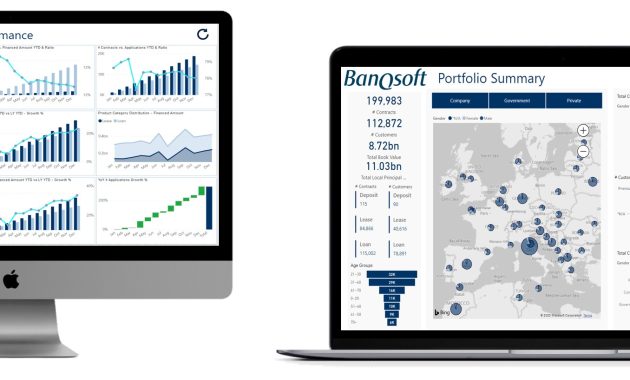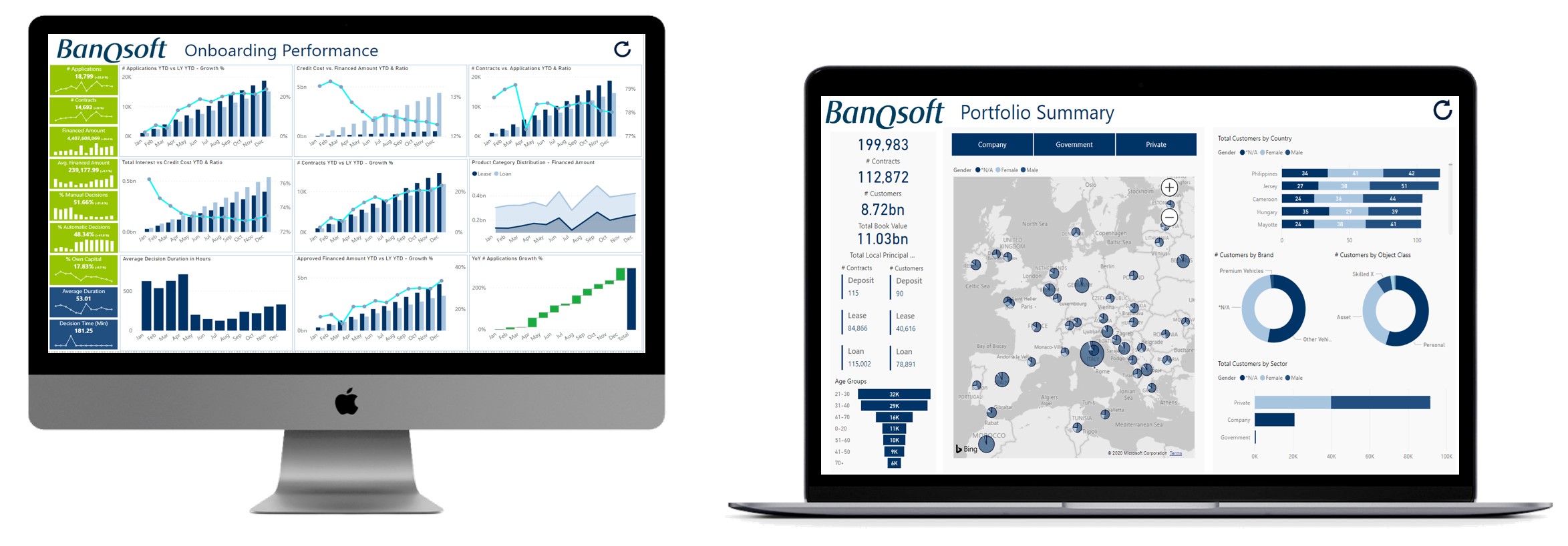
Unlocking Data Insights: The Power of Self-Service Business Intelligence Software for Smart Teams
In today’s data-driven landscape, the ability to quickly and effectively analyze information is no longer a luxury, but a necessity. Smart teams across various industries are leveraging the power of self-service business intelligence (BI) software to gain a competitive edge. This article delves into the world of self-service business intelligence software, exploring its benefits, key features, and how it empowers teams to make data-driven decisions.
The Rise of Self-Service BI
Traditional BI solutions often required specialized technical expertise and lengthy implementation cycles. This created a bottleneck, limiting access to critical insights for many team members. Self-service business intelligence software has emerged as a game-changer, democratizing data access and analysis. It empowers users, regardless of their technical skills, to explore data, create visualizations, and generate reports.
The core principle behind self-service BI is to put the power of data analysis directly into the hands of the business users. Instead of relying solely on IT or data science teams, individuals can extract, transform, and load (ETL) data, build dashboards, and discover insights independently. This agility allows for quicker responses to market changes, improved decision-making, and increased overall efficiency.
Key Features of Effective Self-Service BI Software
Self-service business intelligence software solutions offer a range of features designed to facilitate data exploration and analysis. Some of the most important include:
- Data Connectivity: Robust connectivity to various data sources, including databases, cloud platforms, and spreadsheets.
- Data Preparation: Tools for cleaning, transforming, and shaping data to ensure accuracy and consistency.
- Data Visualization: Interactive dashboards and charts for presenting data in an easily understandable format.
- Reporting and Analysis: Capabilities for creating custom reports, performing advanced analysis, and identifying trends.
- Collaboration and Sharing: Features that enable teams to share insights, collaborate on reports, and discuss findings.
- User-Friendly Interface: Intuitive interfaces that are easy to navigate, even for users with limited technical expertise.
- Mobile Access: The ability to access dashboards and reports on mobile devices for on-the-go insights.
The best self-service BI platforms provide a user-friendly interface. They also offer a wide range of data connectors and visualization options. This allows users to easily analyze data from various sources and create compelling reports. The key is to look for a solution that aligns with your team’s specific needs and technical capabilities.
Benefits for Smart Teams
Implementing self-service business intelligence software offers significant advantages for smart teams across different departments. These include:
- Improved Decision-Making: Data-driven insights enable teams to make informed decisions, leading to better outcomes.
- Increased Efficiency: Automating data analysis tasks frees up valuable time for more strategic initiatives.
- Enhanced Collaboration: Sharing dashboards and reports fosters collaboration and knowledge sharing.
- Faster Time to Insights: Users can quickly access and analyze data, accelerating the decision-making process.
- Reduced Reliance on IT: Business users can independently explore data, reducing the burden on IT departments.
- Cost Savings: By empowering users to analyze data, organizations can reduce the need for external consultants and specialized tools.
- Competitive Advantage: Making data-driven decisions quickly helps businesses stay ahead of the curve.
By embracing self-service business intelligence software, teams can transform raw data into actionable intelligence. This empowers them to identify opportunities, mitigate risks, and drive business growth.
Selecting the Right Self-Service BI Software
Choosing the right self-service business intelligence software is a crucial step. Consider the following factors when evaluating different solutions:
- Ease of Use: The software should have an intuitive interface. This allows users to easily navigate and analyze data.
- Data Connectivity: Ensure the software connects to your existing data sources.
- Data Visualization Capabilities: Look for a platform with a wide range of visualization options.
- Reporting and Analysis Features: Verify that the software offers the analysis tools needed.
- Scalability: Choose a solution that can scale with your growing data needs.
- Security: Prioritize a platform with robust security features to protect your data.
- Pricing: Compare pricing models and choose a solution that fits your budget.
- Support and Training: Consider the availability of support and training resources. These resources can help your team adopt the software.
Conducting thorough research and evaluating different options is essential. You can also consider a pilot project. This will allow your team to test the software before making a full-scale investment. The right self-service BI solution will align with your team’s needs and goals.
Real-World Applications of Self-Service BI
Self-service business intelligence software is used across a variety of industries. Here are some examples of its application:
- Retail: Analyzing sales data, identifying customer trends, and optimizing inventory management.
- Healthcare: Monitoring patient outcomes, improving operational efficiency, and identifying areas for improvement.
- Finance: Analyzing financial performance, detecting fraud, and managing risk.
- Marketing: Tracking campaign performance, understanding customer behavior, and optimizing marketing spend.
- Manufacturing: Monitoring production processes, identifying quality issues, and improving efficiency.
- Human Resources: Analyzing employee data, tracking performance metrics, and improving talent management.
These are just a few examples of how self-service BI is transforming how businesses operate. By providing access to data, organizations can make better decisions. They also gain a competitive edge in the market.
The Future of Self-Service BI
The future of self-service business intelligence software is bright. We can expect to see even more advancements in the following areas:
- Artificial Intelligence (AI) and Machine Learning (ML): AI and ML will automate data analysis. They will also provide predictive insights.
- Natural Language Processing (NLP): NLP will enable users to interact with data using natural language. This makes it easier to access and understand insights.
- Embedded BI: BI will be embedded directly into applications and workflows. This will make data more accessible.
- Data Governance: Increased focus on data governance will ensure data quality and compliance.
- Cloud-Based Solutions: Cloud-based BI solutions will continue to grow in popularity. They offer scalability and flexibility.
As technology evolves, self-service business intelligence software will become even more powerful and accessible. It will empower smart teams to make data-driven decisions, driving innovation and success.
Conclusion: Empowering Smart Teams with Data
Self-service business intelligence software is transforming the way smart teams operate. It empowers users to unlock the power of data. It also enables them to make informed decisions. By investing in the right self-service BI solution, organizations can improve decision-making, increase efficiency, and gain a competitive advantage. Embrace the power of data. Empower your team. Propel your business forward.
[See also: Related Article Titles]

